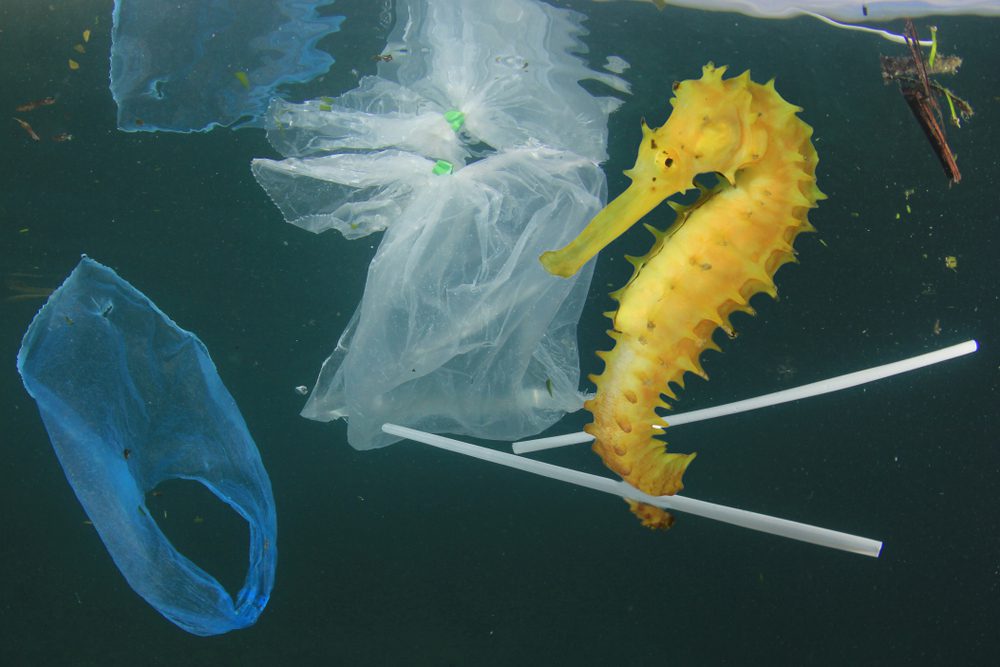There are now over 171 trillion pieces of plastic floating around in the world’s oceans, according to a new estimate. The news comes less than a week after the signing of the historic United Nations (UN) High Seas treaty, which sought to safeguard the world’s oceans. By the looks of this new study, they’ve got a lot of work to do.
An international team of researchers led by the 5 Gyres Institute in Los Angeles reached the findings that looked at almost 12,000 datasets on plastic pollution from around the world.
In total, they estimate that the weight of all the plastic in the world’s oceans is approximately 2 million tonnes, consisting of at least 171 trillion pieces.
When looking at trends in ocean plastic from 1979 to 2019, the researchers noticed a massive uptick emerged from 2005 onwards. Things have the potential to get even worse too. If current trends continue, they estimate that the rate of plastic entering aquatic environments could increase 2.6-fold from 2016 to 2040.
“Cleanup is futile if we continue to produce plastic at the current rate, and we have heard about recycling for too long while the plastic industry simultaneously rejects any commitments to buy recycled material or design for recyclability. It’s time to address the plastic problem at the source,” Dr Marcus Eriksen, lead study author and co-founder of the 5 Gyres Institute, said in a statement.
“The exponential increase in microplastics across the world’s oceans is a stark warning that we must act now at a global scale, stop focusing on cleanup and recycling, and usher in an age of corporate responsibility for the entire life of the things they make,” added Eriksen.

Plastic pollution is terrible news for marine life. Image credit: Rich Carey/Shutterstock.com
Recent years have seen a growing body of research highlight how plastic pollution is taking its toll on marine environments and the array of life they harbor. Just this week, scientists identified a new condition –dubbed “plasticosis” – that affects the stomachs of seabirds and impacts their ability to obtain nutrients from their food.
“The increasing accumulation of plastic particles in our environments and bodies will eventually lead to the inability for the planet to sustain life as we know it. Now is the time for governments worldwide to unite in their efforts to reduce plastic production and further prevent its escape into the environment,” added Dr Scott Coffin, Research Scientist at the California State Water Resources Control Board.
Late on Saturday March 4, 2023, the UN High Seas Treaty was signed, whereby member states agreed on a legal framework for a treaty designed to protect the high seas. Along with tackling issues like ocean acidification and climate change, the treaty will look to address the problem of plastic pollution.
In March 2022, the UN Environmental Agency also committed to developing a legally binding agreement to end plastic pollution.
The authors of this latest study argue that it’s crucial these agreements result in robust action and address the full life cycle of plastic, from extraction and manufacturing to its end of life, as opposed to just focusing on clean-up operations.
“To tackle plastics pollution effectively, we must address it in a systemic way,” explained Patricia Villarrubia Gomez, PhD candidate at the Stockholm Resilience Centre, Stockholm University.
The new study is published in the journal PLOS ONE.
Source Link: There's Now 171 Trillion Bits Of Plastic Pollution In World's Oceans